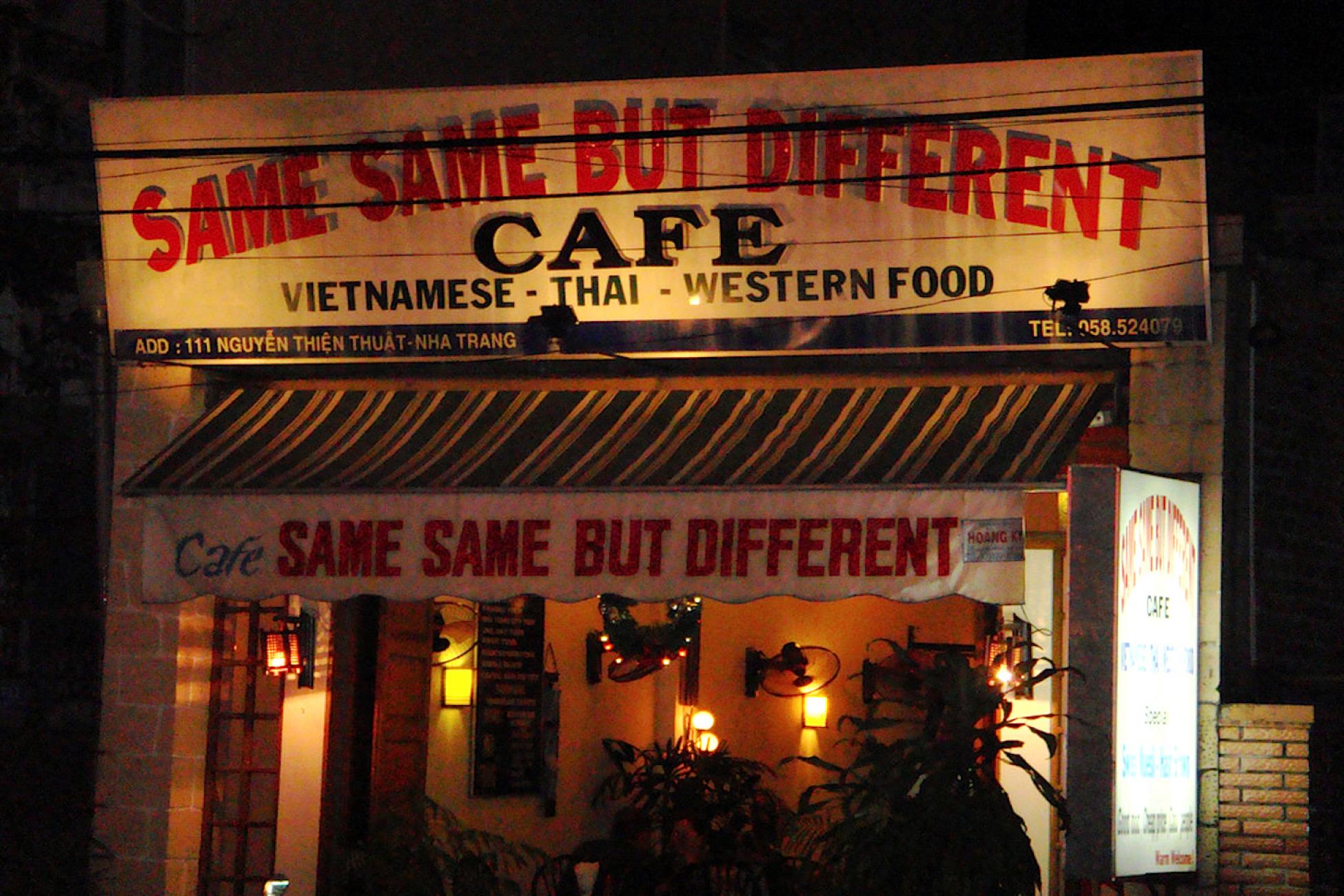In the brief six months that I’ve lived and worked in Vietnam, there are very particular things that others say that you find yourself picking up.
At first, I found myself cringing at the phrases, but then eventually I was proud of myself for learning to spit the phrases back. Now that I'm back in Canada visiting my family, these difference are becoming even more apparent to me; every time I use one of these five phrases, they're often met with raised eyebrows.
1. "Phở."
Before leaving for Vietnam, I always called the savoury noodle dish "pho," with the "o" pronounced as it is in the English word "code." When I would try to order phở in Vietnam, I would always get the same response: two hands shaking at me in unison by their owner. This is a common phrase in Southeast Asia for "I don’t know." I tried every variation of the word I could, at different places with different stresses on the single syllable word, thinking that this was my problem.
A couple of weeks after being in Saigon, I went out for some phở with one of my Vietnamese friends, who explained that phở was pronounced with a "u" sound, like in the word "buddy." I don’t mean to sound like one of those stuck-up people that come back from Southeast Asia and say, “Actually, it’s pronounced ‘phở’.” I may be stubborn and frank, but I’m not stuck-up.
2. "Ối Giời Ơi."
Learning Vietnamese hasn’t been the easiest thing in the world. I’ve found that by learning one phrase, you can both impress and mystify the locals. The phrase, "Ối Giời Ơi" (pronounced like oi zoi oi), is a term primarily used in northern Vietnam, but in the south it’s used more so as a mockery to the phrase. In southern Vietnam, the phrase "Ối Trời Ơi" comes into effect to display irritability.
Both phrases translate to, "Oh my god." They are fun and easy to say, and they stuck to my vocabulary without effort. A lot of my friends who are native English speakers are also fond of the phrases, but don’t find them to flow effortlessly into the rest of their conversation, like my friends and I did. It must be an expat thing.
3. "Same, same."
"Same, same, but different" is a signature phrase that was coined in Southeast Asia. However, we expatriates use the phrase to relate two completely different or similar scenarios, situations, products, etc. The phrase has been printed onto t-shirts for backpackers to purchase as a souvenir of their travels in Southeast Asia. Buying a t-shirt is same, same as writing about all of your experiences in a journal. A plaster and a Band-Aid are definitely same, same.
4. "Mobifone."
If you’re working for the same company that I’m working for, you need some phone numbers, and it’s not always easy when they don’t under the phrase "cell phone number." Therefore, you have to adapt. When they would respond on the other line with, "Yes, I have their mobifone, do you want it?" I came to realize that the way for us to effectively communicate was for me to ask for Artelia Group’s mobifone, instead of their mobile phone number.
5. "Okay, okay, okay, okay, okay."
My personal favorite. Saying the word "okay" a minimum of five times can be used in many different contexts. It can be used to convey understanding, reassure the speaker that you are indeed listening, cut the speaker off, or end a phone conversation. Unfortunately, I caught on to this one almost immediately. It’s fast and fun, and maybe that’s the dangerous part of it.
Add this article to your reading list




